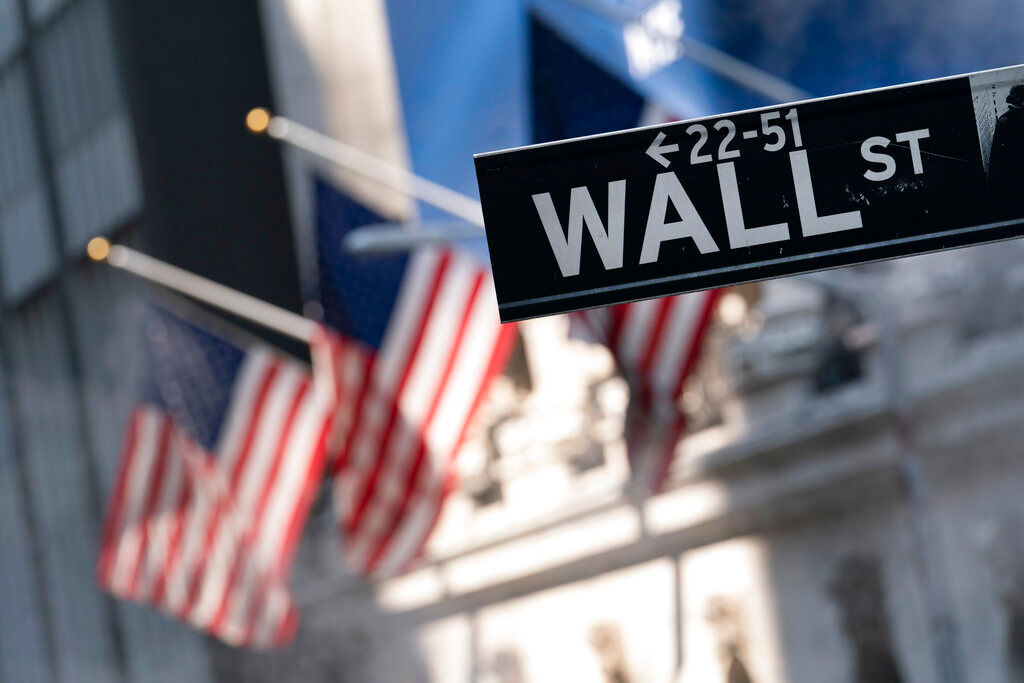Stocks fell sharply in morning trading on Wall Street
Tuesday, continuing a slump for the major indexes as traders remained concerned
about the economy.
The S&P 500 fell 64.34 points or 1.71% to 3,759.99 as
of 10:14 a.m. Eastern time zone. More than 95% of stocks in the benchmark index
fell in the weak opening after a long weekend for the Independence Day holiday.
The Dow Jones Industrial Average fell 550.65 points or 1.77% to 30,546.61. The
Nasdaq Composite fell 111.88 points or 1.01% to 11,015.95. Small-company stocks
also fell. The Russell 2000 slid 1.9%.
Also Read | United States on brink of recession, say analysts; White House still hopeful
Energy companies saw some of the biggest losses as US oil
prices fell 5%. Exxon Mobil slipped 2.8%. Along with bond yields, bank stocks
also fell significantly. The yield on the 10-year Treasury, which helps decide
mortgage rates, fell to 2.82% from 2.909% late Friday. JPMorgan Chase lost
2.4%.
Also Read | US inflation rate at a 40-year high | A timeline: 1930-2022
Tesla plunged 3.4% after reporting its lowest quarterly
sales numbers in seven quarters.
European markets were also trading in the negative
territory.
Stocks remain in a slump that led the S&P 500 into a
bear market last month, which means an extended decline of 20% or more from a
recent peak. The market’s performance in the first half of 2022 was the worst
since the first six months of 1970.
Also Read | Who was Robb Hanrahan, American news anchor dead at 60?
Inflation has been impacting businesses and consumers
throughout the year but worsened after Russia invaded Ukraine in February. The
invasion sent oil prices higher globally and sent gasoline prices in the US to
record highs. That lead to a pullback in spending from consumers struggling
with higher prices on everything from food to clothing.
Also Read | Antony Blinken all set to hold talks with Chinese Foreign Minister Wang Yi at G20 meet
Lockdowns in China from the resurgence of COVID-19 cases
have also made supply chain issues worse.
Central banks have been increasing interest rates in an
attempt to curb inflation. The Federal Reserve has been aggressive in its shift
from historically low-interest rates at the peak of the pandemic to unusually
big rate increases. That has also increased worries that the central bank could
go too far in raising rates and hitting the brakes too hard on economic growth,
which could lead to a recession.
Also Read | NATO set to sign Finland, Sweden’s accession protocol
The market has been closely watching the latest pandemic
updates for more clues on how inflation is impacting the economy and whether
that could shift the Fed’s position in rate hikes. Wall Street will get a
better understanding of the employment market on Friday when the government
will release its employment data for June.







